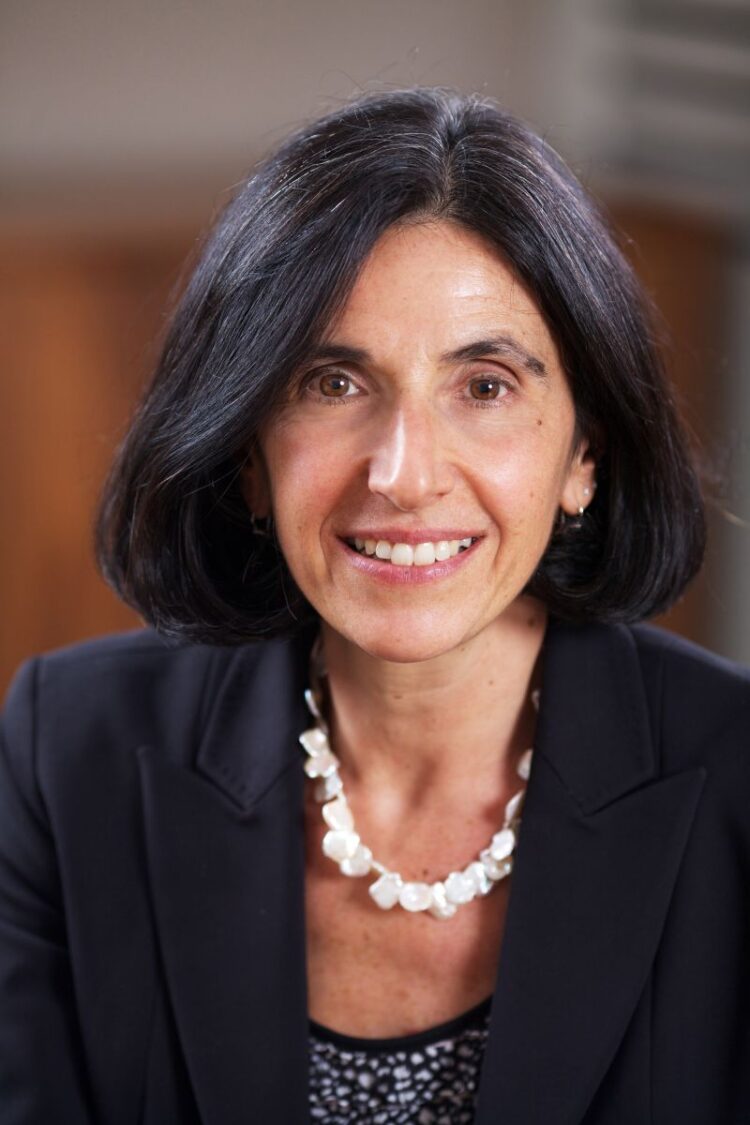By David Young And Lucy Caulkett-
Dame Ingrid Simler has officially been sworn in as a Supreme Court Justice, succeeding Lord Kitchin.
Amid applause, Dame Ingrid Simler(pictured) took the two oaths, signed the witness book, and donned the distinctive black and gold robes of a Supreme Court Justice. The ceremonial moment was complete with the presentation of a letter recording her appointment from King Charles III.
Dame Simler, a seasoned barrister with over 35 years of experience, emerged as the fifth woman to join the Supreme Court, following the retirement of Lord Kitchin.
The courtroom was abuzz with anticipation as President of the Supreme Court Lord Reed delivered a speech detailing Dame Simler’s illustrious career, highlighting her commitment to equality and diverse expertise in employment, tax, public law, and criminal law.
President Lord Reed shared an anecdote from Dame Simler’s past, recalling an old Cambridge lecturer’s discouragement of her pursuit of a legal career, deeming it unsuitable for a woman.
Reed wittily noted, “Evidently he did not grasp who he was dealing with; Ingrid was active in a drama group that performed plays written and directed by women which was called Trouble and Strife.”
The event drew an extensive audience, was also covered by The Law Society’s Gazette- a publication committed to all matters related to law and lawyers, both nationally and internationally.
Reed acknowledged the historic nature of the appointment, underlining the importance of increasing diversity within the Supreme Court.
He remarked, “It is eternally fitting that her appointment to this court will increase its diversity, a modest but very welcome step in the right direction.”
The appointment reflects a broader trend toward increased representation of women in the judiciary, with Law Society president Nick Emmerson expressing hope that this historic moment will catalyze further progress.
With 10 male justices currently on the bench, Dame Ingrid Simler’s appointment marks a significant stride toward a more diverse and inclusive judiciary.
Supreme Court President Lord Reed welcomed her with enthusiasm, stating, “She will bring exceptional experience and ability to the court following a distinguished career as a barrister and judge.
Her experience in employment law, tax, public law, and criminal law will be highly valuable to the Supreme Court and will further strengthen us as a world-leading court.”
The occasion resonates as a pivotal step in the ongoing journey toward a judiciary that reflects the diversity and inclusivity of the society it serves.




